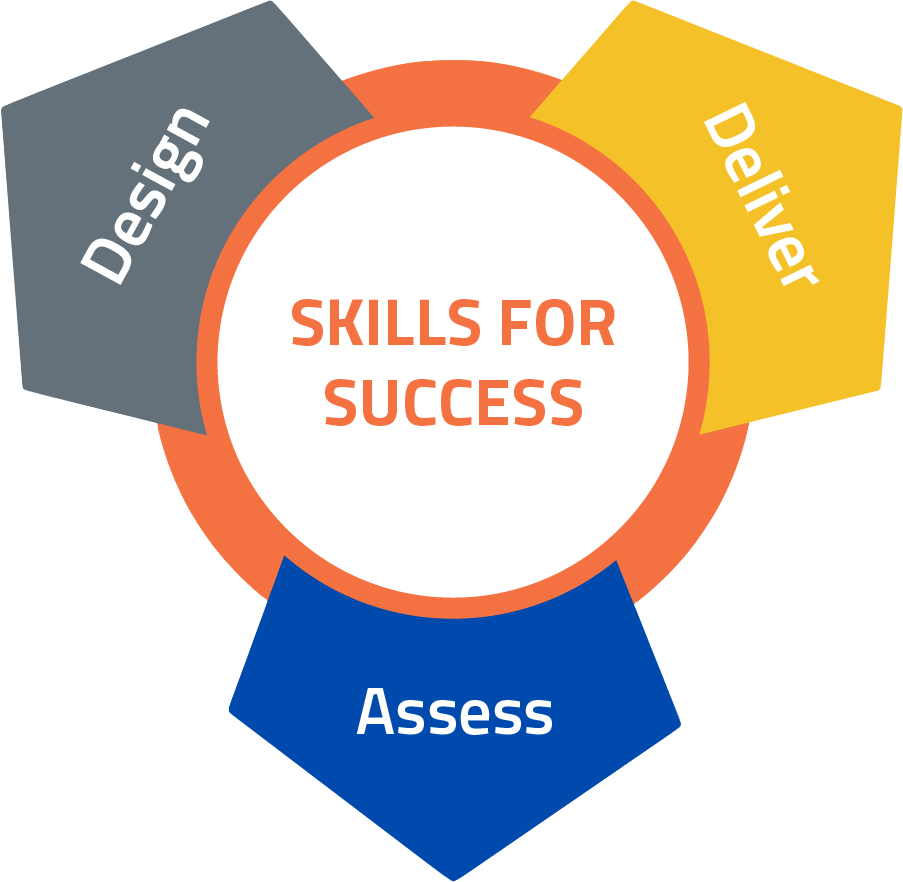Mindfulness maintains a moment-by-moment awareness of our thoughts, feelings, bodily sensations, and surrounding environment. This can reduce the negative effects of stress and increase a participant’s ability to stay engaged, stay on track academically and avoid behavior problems.
- Bartlett, L., Martin, A., Neil, A. L., Memish, K., Otahal, P., Kilpatrick, M., & Sanderson, K. (2019). A systematic review and meta-analysis of workplace mindfulness training randomized controlled trials. Journal of Occupational Health Psychology, 24(1), 108-126. https://doi.org/10.1037/ocp0000146 (login required).
- Hülsheger, U. R., Alberts, H. J. E. M., Feinholdt, A., & Lang, J. W. B. (2013). Benefits of mindfulness at work: The role of mindfulness in emotion regulation, emotional exhaustion, and job satisfaction. Journal of Applied Psychology, 98(2), 310-325. https://doi.org/10.1037/a0031313 (login required).
- Making Time for Mindfulness
